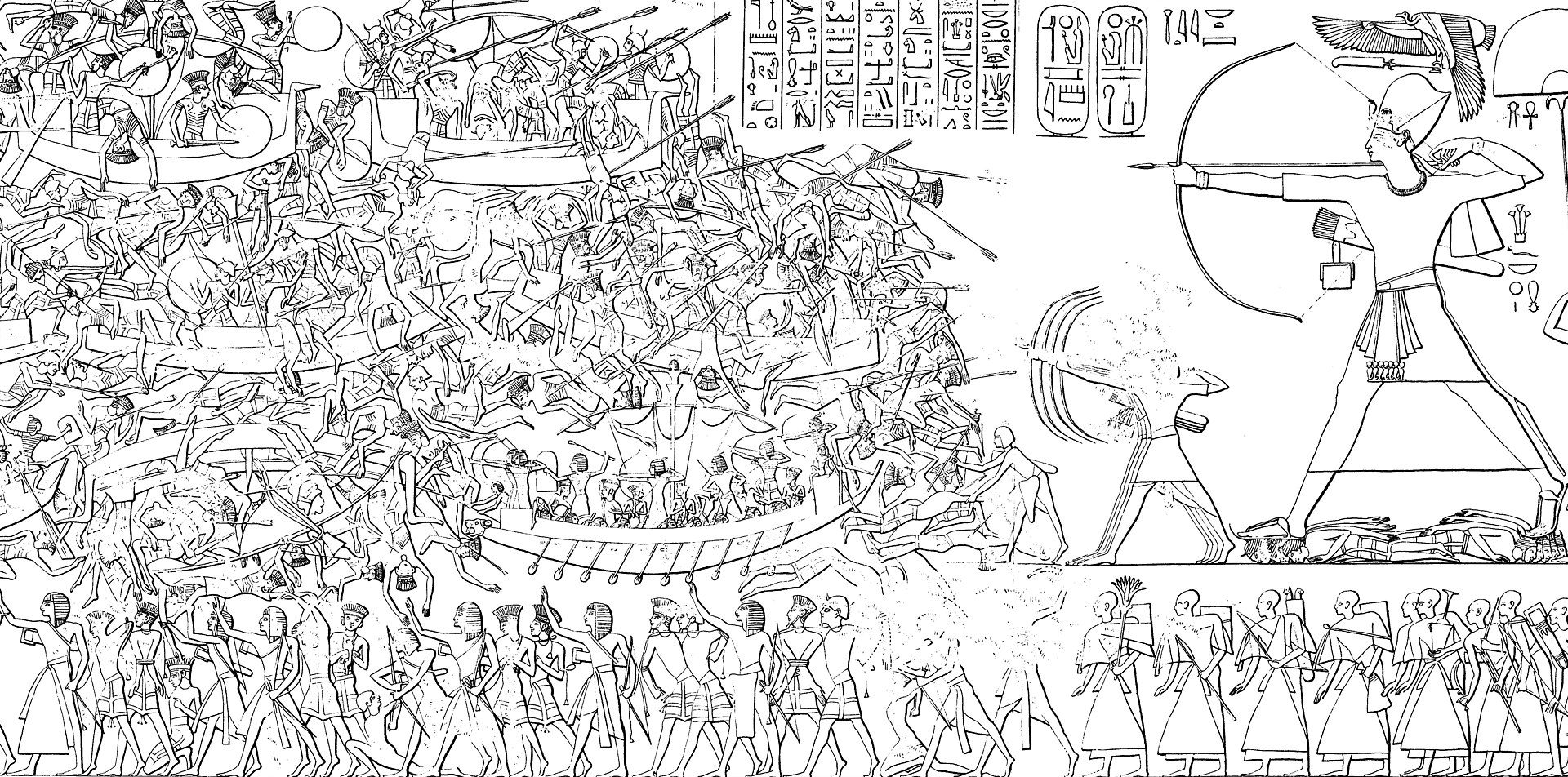During the 13th and 12th centuries BCE, many of the “great ancient civilizations” fell like dominoes. Once-grand cities around the Eastern Mediterranean, North Africa, and the Near East fell into ruin; writing systems were extinguished; rebellions sprung up; wars raged; and cultures were seemingly wiped from the planet. The late Bronze Age has been described as one of humanity’s first forays into globalization, but it ended in a violent, sudden, and deeply mysterious collapse.
Historians still furiously debate the precise causes of the so-called “Bronze Age collapse”, but one thing is clear: it was not a pleasant time to be a human being. Prior to its demise, however, the Bronze Age was a comparatively happy period of history.
Just as its name suggests, a culture was defined as a “Bronze age civilization” by its ability to produce bronze by smelting its own copper and alloying it with tin, arsenic, or other metals. Bronze was tougher than other metals available at the time, which allowed the civilizations that harnessed its power to gain a technological advantage in the fields of weaponry, toolmaking, engineering, and art.
In turn, this material shift allowed civilizations to eventually form large urban settlements, develop complex social class systems, and create an array of writing systems.
Among the civilizations that thrived in this age are the Middle Assyrian Empire in Mesopotamia, the New Kingdom of Egypt, the Babylonians, the Hittite Empire of Anatolia, the Mycenaeans in mainland Greece, and the Minoans in Crete. All of these great powers were dotted around the Mediterranean and were deeply interconnected through trade and migration.
Around the year 1177 BCE, however, this prosperous network came crashing down.
One of the most cited explanations behind the collapse is the arrival of a marauding confederation of invaders known as the “Sea Peoples.” The Sea Peoples left no monuments nor written records, so their identity is far from clear and still widely debated. It’s often proposed they were actually many different sea-faring cultures who cruised around the eastern Mediterranean.

Illustration of a relief from the mortuary temple of Ramesses III at Medinet Habu showing the Battle of the Delta between Egypt and the Sea Peoples. Image credit: Public Domain.
Whoever the Sea Peoples were, they appear to have left their mark on this part of the world, raising hell across parts of Anatolia, Syria, Phoenicia, Canaan, Cyprus, and Egypt toward the end of the Bronze Age between the 13th and 12th centuries BCE. During this treacherous time, archeological evidence shows how countless cities in the Eastern Mediterranean and Near East were destroyed or simply left abandoned.
The arrival of these mysterious seafarers isn’t likely to be the whole story though. Some argue that the Bronze Age civilizations rotted from the inside through a general system collapse. This idea suggests that many late Bronze Age Kingdoms all had “fatal centralized, complex, and top-heavy” political structures that made them vulnerable to inequality and social instability. Another possibility is the emergence of iron and changes in warfare that meant battles became all the more devastating.
Another intriguing explanation is that the Bronze Age collapse was related to an environmental shake-up. A 2013 study looked at pollen grains from sediments of an ancient lake in the region and found evidence of climate changes around this time. This environmental change, the study authors argue, led to widespread droughts, food shortages, and famines. The consequence of this was mass migration, social upheaval, and these once-strong civilizations being left vulnerable to invaders, perhaps the Sea Peoples.
As ever with history, the story of the Bronze Age collapse will never be explained by any single or linear explanation. In reality, it’s likely to be a complex blend of all these elements, with certain factors playing a bigger role in some places than others.
Whatever the reason, it’s a tale that should serve as a reminder that no civilization should ever assume its position in the world is permanent. With the right combination of climate change, war, and technological advancement, even the mightiest of societies can crumble.
Source Link: Why Great Civilizations Suffered A Mystifying Collapse 3,200 Years Ago